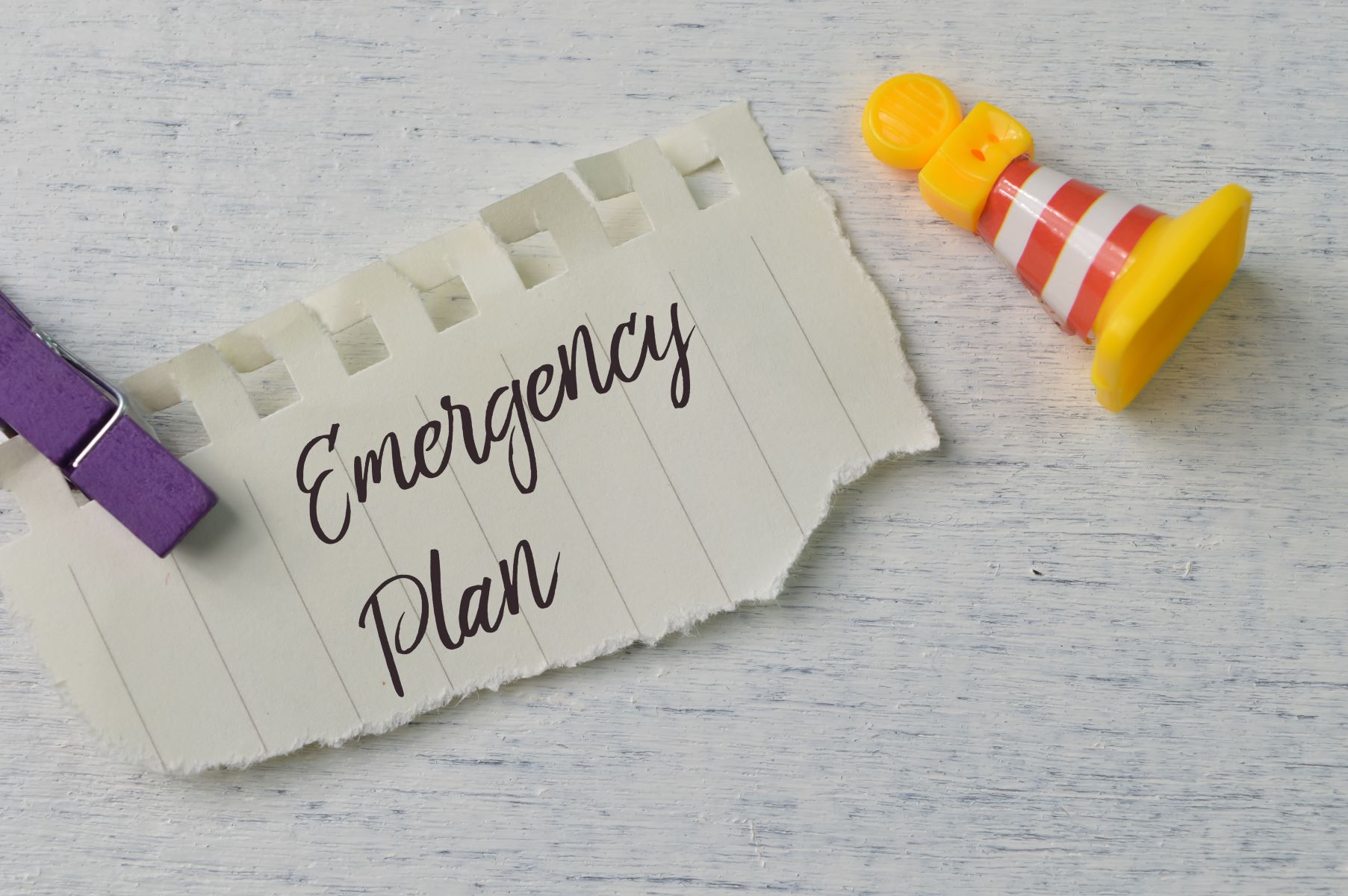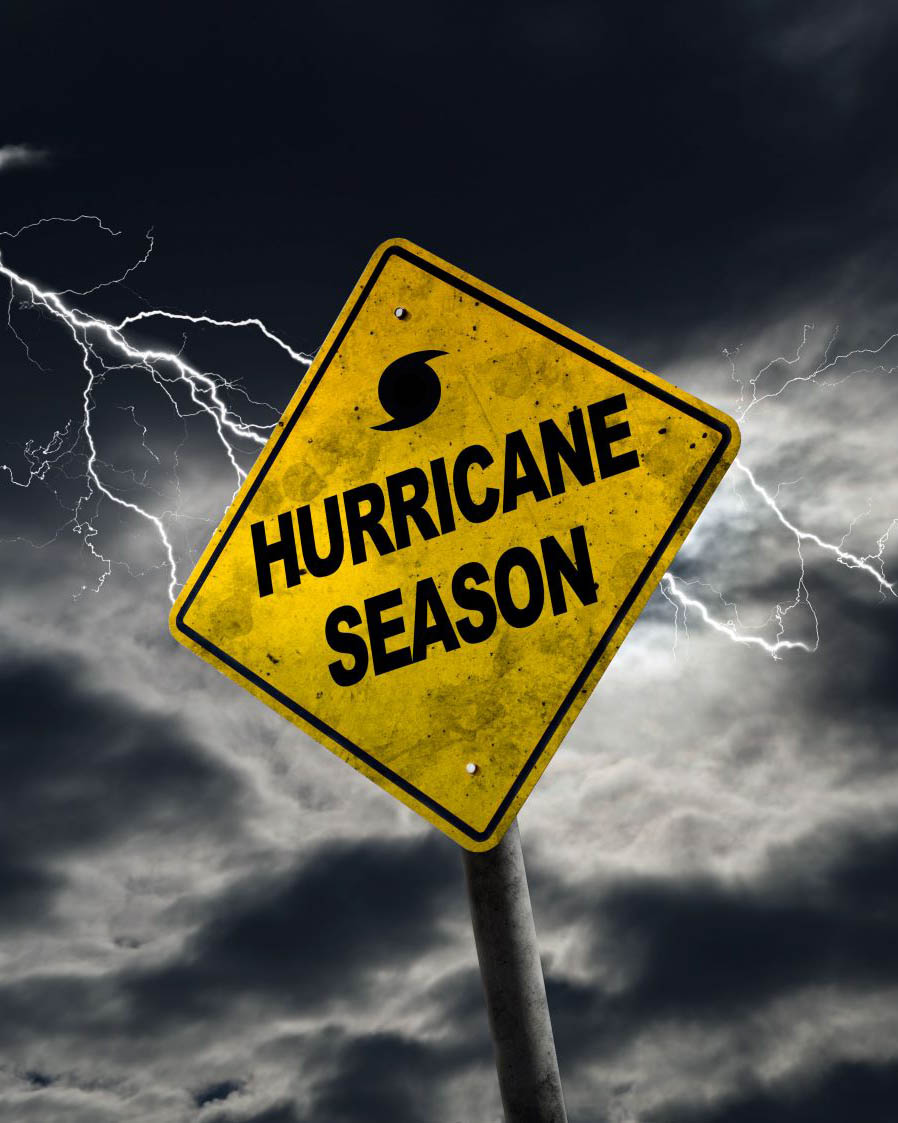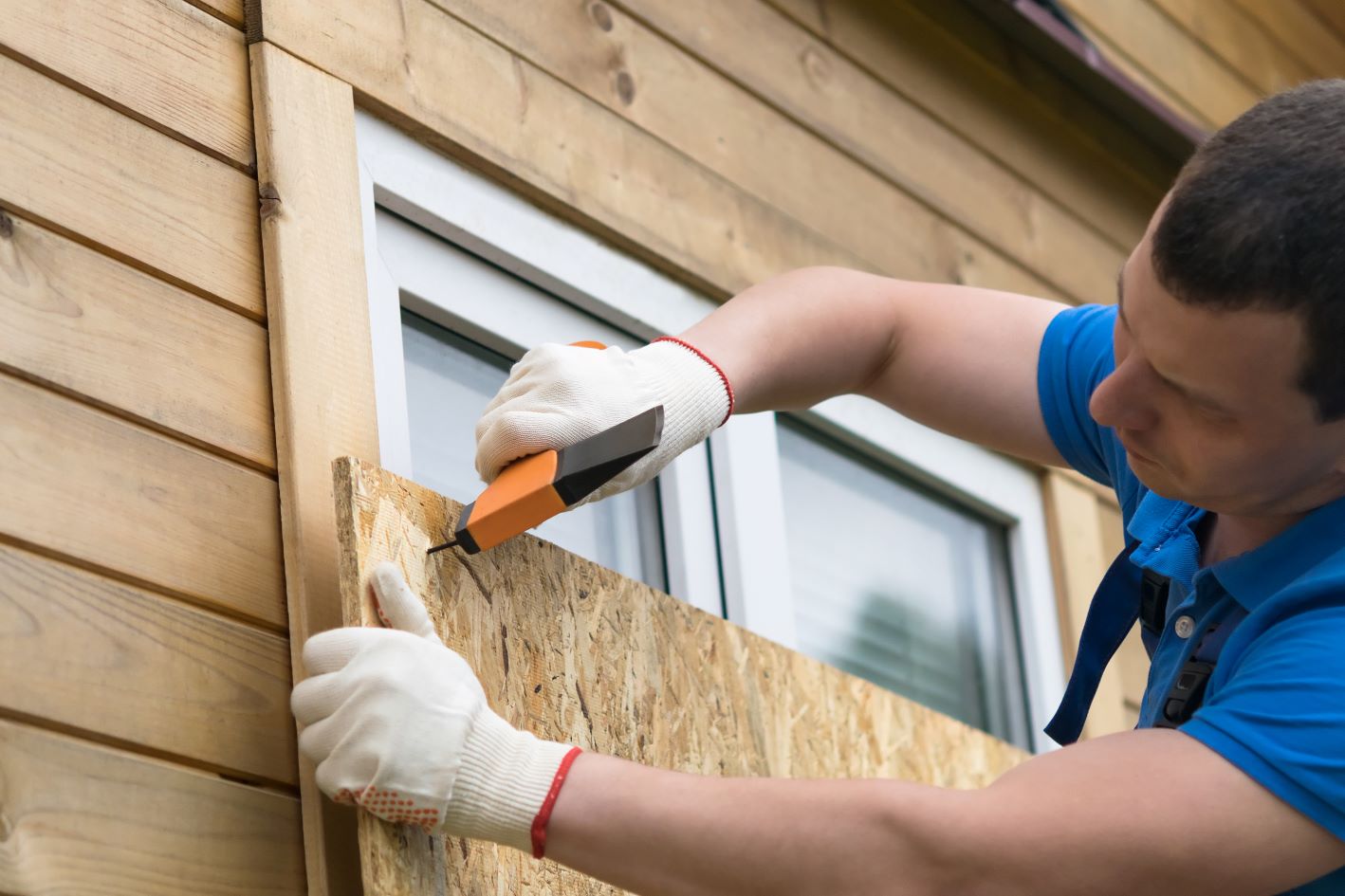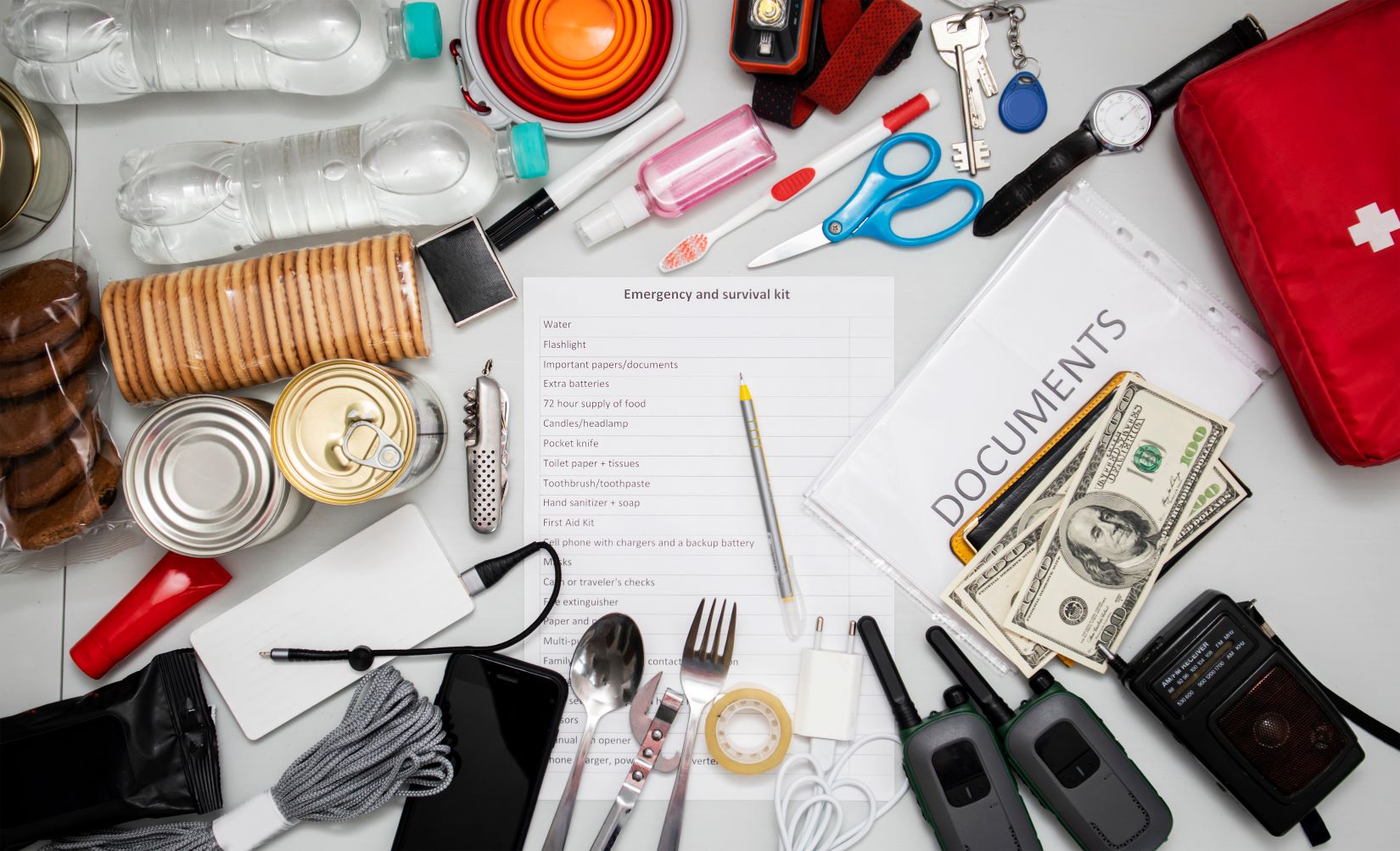
Hurricane season is fast approaching. And with each season growing longer and storms getting larger and more intense each year, business owners face increasing risks—and costs—in keeping their business resilient.
Florida ranks first in monetary damages caused by hurricanes, and this doesn’t take into account affiliated costs, like increased insurance rates, unclaimed costs, and preparation expenses. Creating an emergency plan that takes steps to reduce costs and get you back to business faster, from installing hurricane shutters to securing important files, is crucial in making sure your business can weather the next storm.
As long-term residents of Florida and commercial property experts, we’ve assembled our best tips for protecting your business (and your employees!) from these common and dangerous storms. Keep reading to learn how you can get started creating your own hurricane season business preparation plan
Create an Emergency Plan for Employees

Emergency Response Team
Start by assembling a team of responsible employees to develop your plan.
For larger companies, this team should include representatives from all departments to incorporate different perspectives and expertise—and ensure that individual department and employee needs are considered.
Once the plan is created, clearly define roles and responsibilities by assigning specific tasks to individuals. By delegating important tasks, you can be sure that critical steps are covered during an emergency. However, it’s equally as important to have each individual’s duties documented, so that if that person isn’t available, another team member can easily step in.
Key roles may include:
• Emergency Plan Coordinator
• Training Coordinator
• Communication Lead
• Facility Protection Manager
• IT and Data Protection Lead
• Employee Health and Safety Manager
• Financial and Insurance Lead
• Human Resources Coordinator

Communication Procedures and Tools
Build and Manage an Employee Contact Lists
Establish Communication Procedures
Create a Communication Plan
Employee Training
Protect Your Commercial Property

When preparing your business for hurricane season, prepping your structures and putting plans in place to safeguard your buildings, equipment, and data during a storm is essential to minimize damage and ensure a quicker recovery.
Protect Your Property and Structures
Ahead of the season, make sure your structures are in good repair and any possible storm protective measures are in place. Our post, Tips For Residential & Equestrian Properties, covers many of the basic measures that you can take to prepare your property. These include:
Trees: Regularly remove weak and dead tree limbs near your property to prevent them from becoming dangerous projectiles during a storm. Don’t wait until the last minute, as there might not be time to dispose of debris safely before the storm hits.
Flooding: Know your flood zone by checking with the county or using the FEMA Flood Map Service Center. Prepare with sandbags especially if your business is in a low-lying area. If flooding occurs, evacuate employees to higher ground even if the water seems shallow.
Roof: Before each hurricane season, inspect your roof for any damage or weak spots that could be exacerbated by heavy rainfall. These include loose shingles, mounts, and supports. Consider installing hurricane ties for extra support.
Taking these steps will help protect your business’s physical location and equipment, reducing the risk of severe damage during a hurricane.
Protect Business Documents and Digital Information
Safeguard Physical Documents
For physical documents, consider making digital copies and storing them in cloud storage. At the minimum, you’ll want to have additional physical copies of key documents, securing them offsite in a safe location. Invest in watertight storage lockers to shield any original copies you prefer to keep onsite from flooding.
Backup and Secure Digital Files
To further protect your digital files, ensure that all devices, including computers, phones, and other electronic equipment, are secured with strong passwords. Enabling tracking features on these devices can also help in the event of looting or theft during a hurricane. Finally, as we mentioned above, be sure to establish a team lead who is responsible for handling backups and restoring files during and after emergencies.
Double-Check Insurance Coverages
Be aware that Florida insurance policies for hurricane damage may include additional deductibles, and standard policies often exclude flood damage. Carefully review your policy terms and discuss any coverage questions with your agent. Since insurance payouts can be delayed, it may be a good idea to maintain an emergency expense fund or a business line of credit to cover immediate repair and cleanup costs.
Assemble an Emergency Kit
When putting together your emergency kit, be sure to take into account your number of locations and employees to be sure every individual is covered, at each location. As FEMA details, essential items for hurricane emergency kits include:

• A portable charger (aim to charge it at least once a month to ensure readiness for disasters).
• A supply of nonperishable food for all employees, enough to last a few days.
• A supply of fresh drinking water, sufficient for each employee for at least three days.
• A battery-operated radio.
• Spare batteries for all battery-operated devices.
• Flashlights.
• Whistles or flares to signal for help.
• Tarps, plastic bags, and duct tape; essential for sealing broken windows to prevent further water damage.
• Cleaning supplies, including buckets and mops.
• An electric generator kept in a safe environment.
• Fire extinguishers.
You should also keep on hand a list of all relevant emergency services phone numbers and websites so that employees can contact these services if necessary. This could include local police numbers, FEMA and Florida Disaster, and your local Florida utility companies. Know that you may have trouble getting through right away—be patient, stay safe, and know that help will find you soon.
How Showcase Can Help Keep Your Business Protected
Whether you’re relocating or opening a new branch of your business in Florida and worried about weather-related issues, or are seeking a newer, more secure location to keep your business and employees secure, we can help. When you partner with us, we’ll take the time to examine each property to ensure it meets your needs and abates your concerns, from referencing flood maps to helping you find an inspector that specializes in hurricane safety.
Don’t wait until it’s too late! Reach out to a real estate agent in Marion County or Alachua County today. Our experts are ready to provide personalized advice tailored to your specific needs—and the unique demands of Florida’s weather!